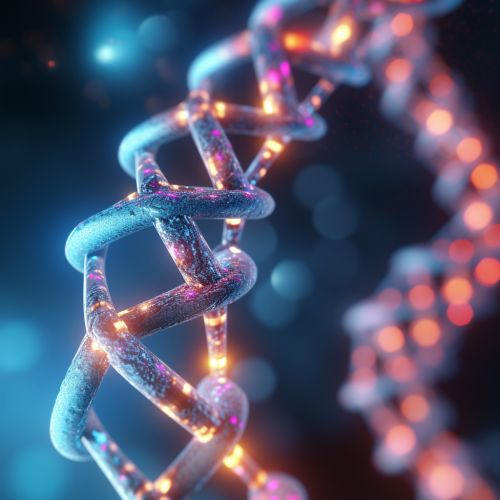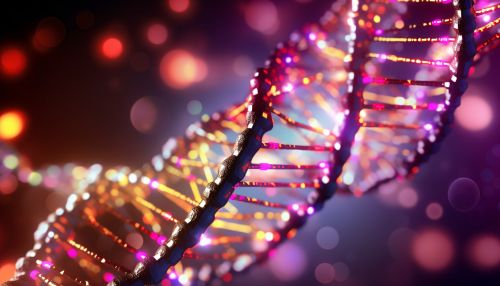Epigenetics in Human Disease
Introduction
Epigenetics is the study of changes in organisms caused by modification of gene expression rather than alteration of the genetic code itself. In the context of human disease, epigenetic changes can lead to altered gene function and changes in cell behavior, contributing to a variety of diseases including cancer, cardiovascular disease, and neurological disorders. This article will delve into the role of epigenetics in human disease, exploring the mechanisms of epigenetic regulation and how they contribute to disease pathology.


Mechanisms of Epigenetic Regulation
Epigenetic regulation involves a variety of mechanisms including DNA methylation, histone modification, and non-coding RNA molecules. These mechanisms work together to control gene expression, influencing cellular function and behavior.
DNA Methylation
DNA methylation is a process by which methyl groups are added to the DNA molecule, typically at a cytosine or adenine DNA base. This modification can change the activity of a DNA segment without changing the sequence. When located in a gene promoter, DNA methylation typically acts to repress gene transcription.
Histone Modification
Histones are proteins that DNA wraps around, forming a structure called chromatin. Modifications to these histones, such as methylation, acetylation, and phosphorylation, can influence gene expression by altering chromatin structure and thus controlling access to the underlying DNA.
Non-Coding RNA Molecules
Non-coding RNAs (ncRNAs) are RNA molecules that do not code for proteins but can regulate gene expression in other ways. One well-known class of ncRNAs is microRNAs (miRNAs), which can bind to messenger RNAs (mRNAs) and prevent them from being translated into protein.
Epigenetics and Disease
Epigenetic changes can lead to altered gene function and changes in cell behavior, contributing to a variety of diseases. Below are examples of how epigenetic changes can contribute to specific diseases.
Cancer
In cancer, epigenetic changes can result in the activation of oncogenes, genes that have the potential to cause cancer, or the silencing of tumor suppressor genes. For example, DNA methylation of tumor suppressor genes can lead to their silencing, contributing to uncontrolled cell growth and cancer progression.
Cardiovascular Disease
Epigenetic changes can also contribute to cardiovascular disease. For example, changes in DNA methylation patterns have been associated with atherosclerosis, a disease in which plaque builds up inside your arteries.
Neurological Disorders
Epigenetic changes are also implicated in neurological disorders. For example, in Alzheimer's disease, hypermethylation of certain genes has been observed, which may contribute to the disease pathology.
Epigenetic Therapies
Given the role of epigenetics in disease, there is increasing interest in developing therapies that target the epigenome. These therapies aim to reverse pathological epigenetic changes and restore normal gene function.
Conclusion
Epigenetics plays a crucial role in human disease, contributing to the pathology of a variety of conditions including cancer, cardiovascular disease, and neurological disorders. Understanding the mechanisms of epigenetic regulation and how they contribute to disease is crucial for the development of novel therapeutic strategies.
